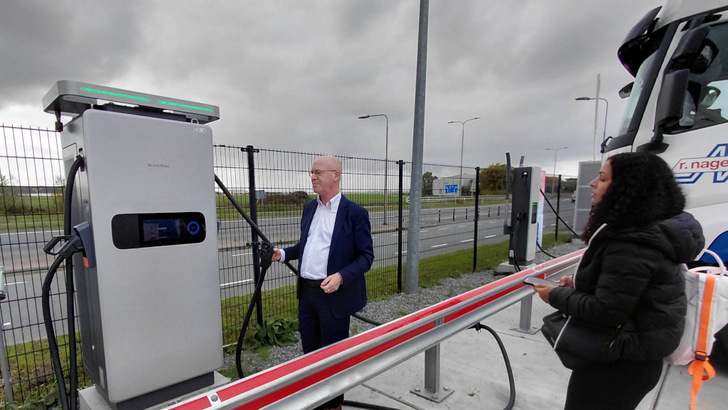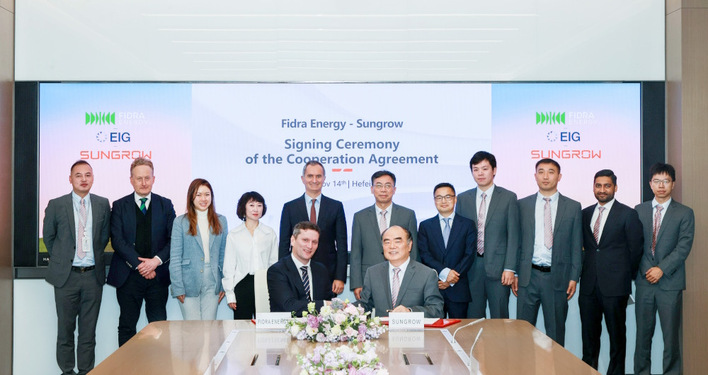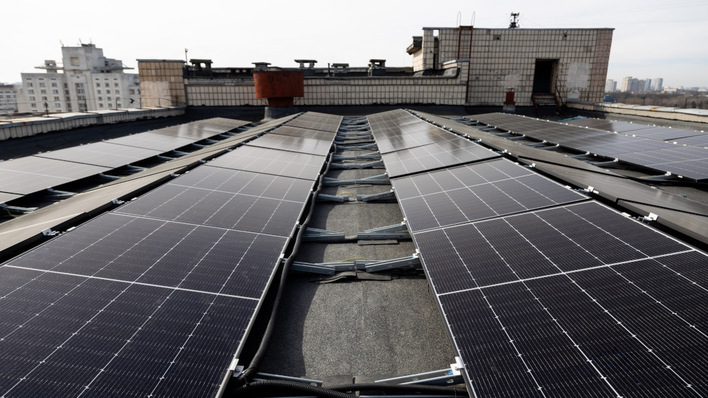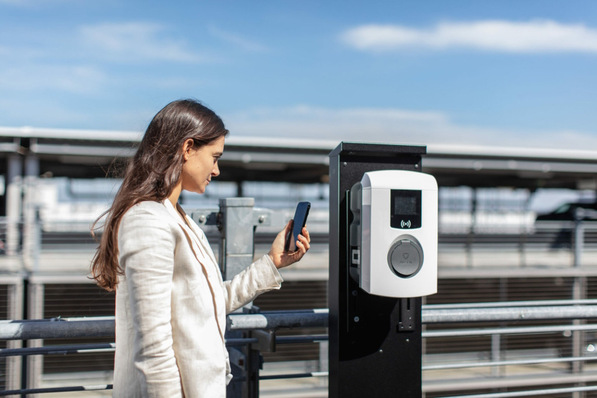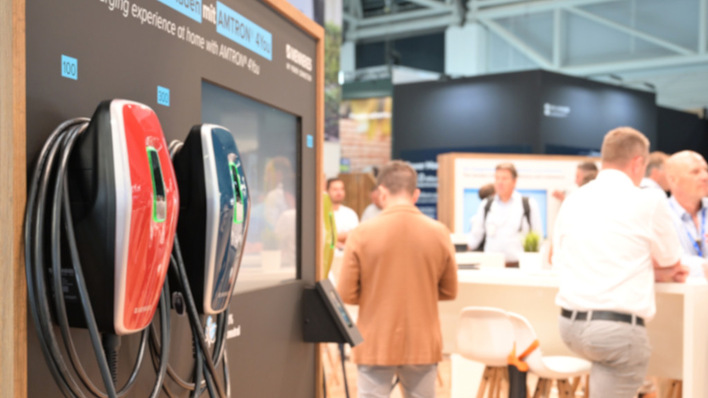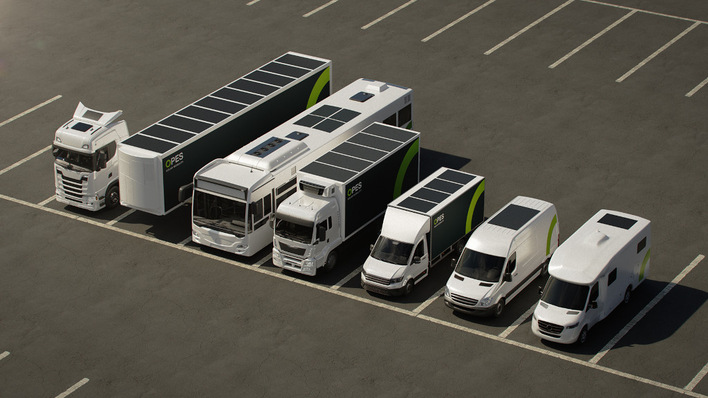“The signals from Brussels are mixed,” said Secretary General of the industry association E-Mobility Europ, Chris Heron, who has raised concerns over efforts by the German federal government to pressure the EU Commission into reversing the planned ban on internal combustion engines from 2035.
Heron argued that this “step backwards” would not only harm climate protection, but also further weaken the international competitiveness of Europe’s automotive industry, particularly compared with China.
Next investor newsletter – solar-powered parking and charging
Heron is now looking to the governments of e-mobility leaders such as the Netherlands, Denmark, Belgium and Ireland to speak out and counter the political pressure from economic heavyweight Germany.
There are also positive developments: More than 1 million charging points have now been installed across Europe, the share of electric vehicles is rising in many countries, and companies are driving both e-mobility and sector coupling forward.
Freight forwarder relies on smart charging for e-trucks
One of the pioneers is airfreight specialist R. Nagel, based in AM Oude Meer near Schiphol Airport. Owner and Managing Director Erik Nagel is investing in e-trucks, backed by solar power and battery storage.
He currently operates five electric trucks, with plans to expand to 40 by 2030 – equivalent to half of his fleet. Part of the electricity comes from his own rooftop PV system, which generates 280,000 kWh annually. Sungrow battery storage systems with a capacity of 1.4 MWh enable overnight fast charging, and the charging stations are also supplied by Sungrow.
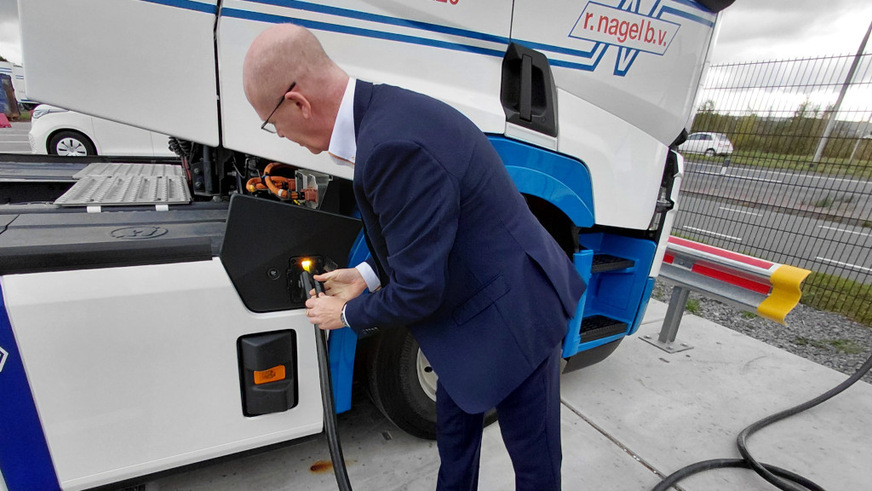
Hans-Christoph Neidlein
The linchpin Newtonis an energy management system (EMS), which also optimises electricity purchases from the exchange based on price when the company’s own solar power is insufficient, enables grid-friendly charging and improves his fleet management..
Sweden – Qstar opens 400 kW E-Mobility hub for electric trucks
Thanks to this business model, “e-trucks are already cheaper than diesel trucks,” Nagel reports. Aside from the usual minor teething issues, everything has performed well, he says, and his drivers are enthusiastic about the quiet, fast-accelerating electric trucks.
Regional filling station operator leads the way
Avia Vollenhove is also advancing e-mobility, according to project manager Baart Leenhouwers. The family business has already installed more than 500 charging points across its approximately 100 filling stations in the south of the Netherlands, along with Sungrow battery storage, its own PV systems and an EMS.
“We rely on grid-friendly, smart charging,” Leenhouwers emphasised. Recently, both the number of charging sessions and the kilowatt-hours delivered have increased significantly. Avia Vollenhove now supplies only green electricity, with dynamic tariffs available as an option.
472 charging points in Bulgaria
Fines Charging, based in Sofia, is also strongly committed. According to CTO Marian Ivanoff, the company operates charging stations at 333 locations across Bulgaria, with 312 DC chargers (up to 300 kW) and 160 AC chargers.
EBRD funds EV charging infrastructure in eastern Europe and Baltics
The company has been working closely with Sungrow since 2022. Fines Charging now plans to develop a project at its modernised headquarters, featuring a 500 kW rooftop PV system and 960 kWh battery storage to charge its own electric fleet.
At the Sungrow Charging Summit 2025 in Amsterdam, Sungrow showcased its expanded portfolio of AC and DC charging solutions for residential and commercial applications, together with the corresponding storage systems. For the first time, a new megawatt-scale charging system was unveiled. (hcn)


